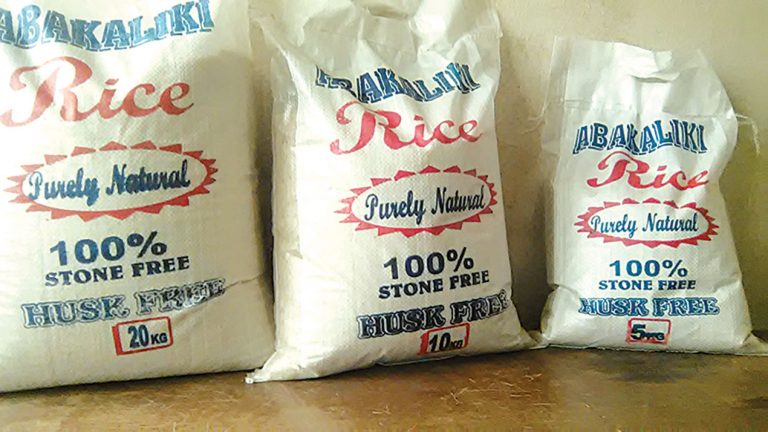
In a bid to address the growing discontent among Nigerians and quell the planned August 1 protests, the Federal Government of Nigeria has announced the distribution of an additional 10 trucks of 50kg of rice to each state. This rice will be sold at designated centers for N40,000 per bag, significantly lower than the current market price, which can reach up to N90,000 per bag.
The initiative, aimed at providing relief to struggling households, comes amid a backdrop of surging food inflation and economic instability.
Mohammed Idris, the Minister of Information and National Orientation, made the announcement following the Federal Executive Council (FEC) meeting on Monday. He emphasized that the government is taking proactive measures to address the concerns raised by citizens, including those planning to participate in the upcoming #EndBadGovernance protests.
Tekedia Mini-MBA edition 16 (Feb 10 – May 3, 2025) opens registrations; register today for early bird discounts.
Tekedia AI in Business Masterclass opens registrations here.
Join Tekedia Capital Syndicate and invest in Africa’s finest startups here.
These protests are expected to express widespread dissatisfaction with President Bola Tinubu’s recent economic policies, which have significantly impacted the cost of living.
The sharp rise in food prices, including staples like rice, is attributed to a 41% food inflation rate, orchestrated by recent economic reforms, mainly – the removal of fuel subsidies and the floating of the naira, implemented last year by the Tinubu administration.
Idris stated, “The government has not pretended that these supplies are enough. But these are necessary first steps being made, and more such interventions are planned in the interim.
“The position of the FEC is that most of the demands that the protesters are making are actually being addressed by the federal government.
“Therefore, it is the view of the government that there is really no need for the protests again because most of those things that the protesters are putting forward are already actually being addressed or are being addressed by the government. This is a listening government.”
The decision to sell rice at a subsidized rate is part of a broader strategy to cushion the impact of the economic reforms on ordinary Nigerians. The subsidy on rice, however, is only a temporary relief measure, as the government has yet to unveil a comprehensive plan to address the broader economic challenges facing the nation.
Since its inauguration, the current administration has been criticized for not rolling out a clear-cut plan to mitigate the economic hardship experienced by millions of Nigerians.
The removal of the fuel subsidy, a move intended to free up resources for other developmental projects, has had unintended consequences on the economy. The cost of fuel, a critical input in the transportation and production sectors, has surged, leading to increased prices for goods and services across the board. This, coupled with the floating of the naira, which has resulted in a devaluation of the currency, has made imports more expensive, further contributing to inflation.
In addition to the rice subsidy, the government has initiated other measures to stop the planned protests. These include the opening of the N110 billion Nigerian Youth Investment Fund portal, a loan scheme for small and medium-sized enterprises, and the announcement of new job openings by the Nigerian National Petroleum Corporation (NNPC). However, these efforts have been criticized as insufficient to address the root causes of the economic crisis.
President Tinubu, acknowledging the grievances, has said that his administration is effectively “protesting” on behalf of the youth by addressing their concerns. However, the absence of a detailed economic recovery plan has left many questioning the government’s ability to stabilize the economy and bring relief to the populace.
The upcoming #EndBadGovernance protests are believed to be a sign that Nigerians have been pushed to the extreme, requiring the government to take more decisive action. Critics argue that although the distribution of subsidized rice and other short-term relief measures may provide some respite, they are not a substitute for a comprehensive economic strategy that addresses the underlying issues of inflation, currency devaluation, and economic instability.



